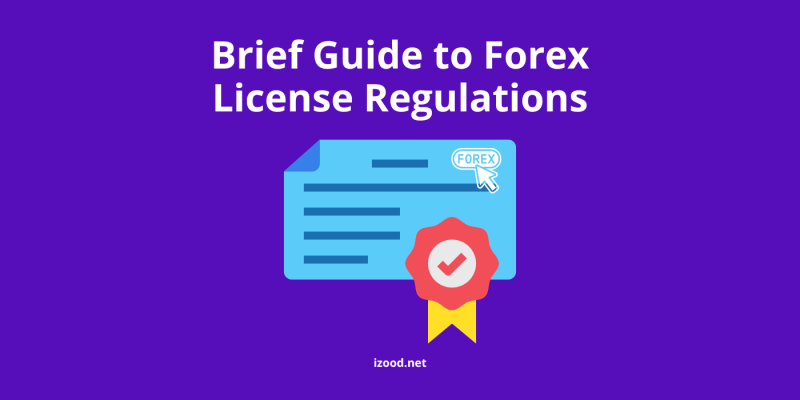
With the exponential growth of the Forex trading industry, the need for regulatory frameworks has become paramount. The boost in service providers, ranging from brokers to trading platforms, has led to a myriad of options for investors worldwide.
However, this proliferation also opened the gates for illicit activities, prompting regulatory bodies to establish Forex license regulations to ensure market integrity and investor protection.
Why Obtain a Forex License?
Technological upgrades have facilitated easy access to brokerage and trading services globally, often at minimal costs. Unfortunately, this ease of access has also enabled fraudulent entities to thrive, exploiting regulatory gaps and scamming unsuspecting individuals.
Thus, the primary objective of Forex licenses is to regulate and maintain a transparent trading environment, safeguard investors’ interests and foster market efficiency.
General Forex Rules and Regulations
Forex regulations vary across jurisdictions and regulatory authorities. Nevertheless, they typically advocate for stringent client registration standards, adherence to know-your-customer (KYC) and anti-money laundering (AML) procedures, and mechanisms to mitigate the risk of illicit activities.
While European regulators enforce rigorous documentation and financial transaction standards, offshore authorities offer more flexible conditions for establishing Forex brokerage businesses.
Forex Licence Jurisdictions
Selecting the appropriate jurisdiction for establishing an FX brokerage company is crucial, considering the regulatory framework and operational flexibility. Here are some notable Forex license jurisdictions:
- FCA (Financial Conduct Authority): The UK-based regulatory body ensures market transparency and integrity, compelling Forex brokerage companies serving UK users to obtain an FCA licence.
- CySEC (Cyprus Securities and Exchange Commission): As a prominent regulator in Europe, CySEC imposes strict regulations to safeguard investors’ funds and maintain financial integrity.
- Mauritius: With simplified procedures and low starting requirements, Mauritius attracts offshore Forex companies, offering a conducive environment for brokerage services setup.
- St. Vincent and The Grenadines: Implementing robust measures to flag suspicious activities, SVG provides flexibility in regulations, particularly in accepting fiat and crypto payments.
- Seychelles: Known for its flexible business environment, Seychelles offers a balanced approach to business legitimacy and flexibility for Forex brokers.
Final Remarks
In conclusion, Forex licenses play a pivotal role in governing brokerage activities and financial transactions, ensuring market integrity and fairness.
While European regulators uphold stringent standards, offshore jurisdictions provide greater flexibility for businesses. Ultimately, adhering to regulatory frameworks contributes to a safer and more conducive environment for Forex trading on a global scale.











